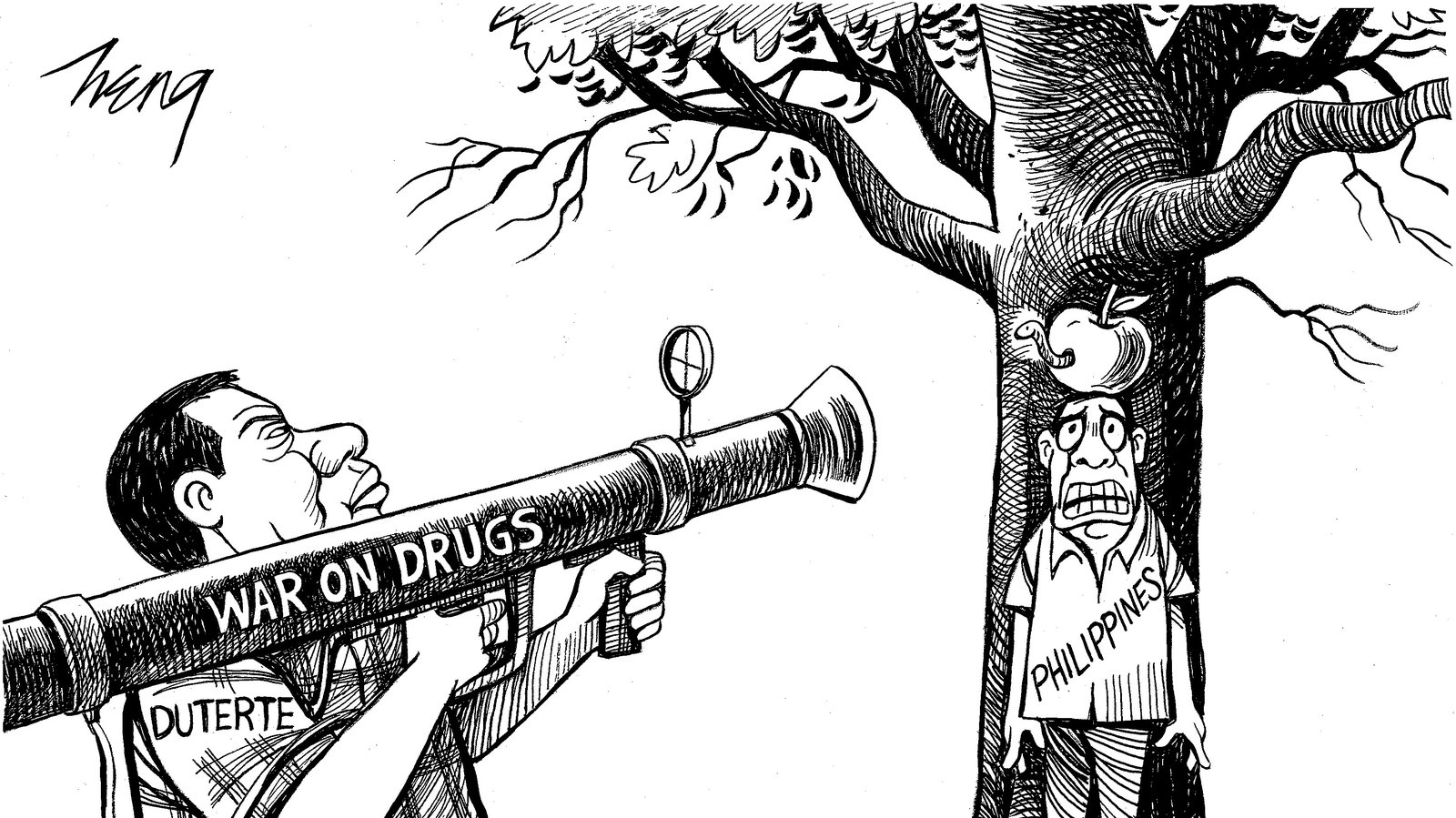NAWAF AL-SABAH WRITES- Although Colombia is the world’s top source of illicit drugs, traffickers have now made Asia a hub for both transportation and consumption.
Interestingly, a few years ago, South Asian countries such as Afghanistan, Bangladesh, India, Nepal, Pakistan and Sri Lanka became vulnerable regions for human trafficking due to their huge populations, growing urbanization and ever-present poverty. In recent times, these South Asian countries have become centers for illicit drug activities, surpassing social ills such as human trafficking, terrorism and ethnic as well as religious conflicts. In fact, in the last decade alone, Asian authorities have tripled drug seizures across the continent, with cocaine and opium production hitting record highs, and presenting challenges to authorities. The drug business has become rampant on this continent due to the presence of international drug syndicates that use South Asian countries as a transit hub for the illegal drug trade.
What baffles everyone is that the illicit drug economy exists and thrives under the noses of authorities who often turn a blind eye and give protection to the continent’s drug kingpins for economic benefit. The sheer lack of political goodwill and the role of conspirators in the drug business has made the war on drugs an overwhelming task. For this reason, President Rodrigo Duterte of the Philippines has declared war on all suspected illegal drug users and peddlers across his nation. The president, who is known not to mince his words, declared a violent nationwide police crackdown on illegal drugs and organized crime groups that smuggle a variety of illicit drugs to people. He argues that the use and sale of drugs in the Philippines fueled the emergence of drug gangs and cartels, undermining the Nation’s security and its people’s health.
Among these Asian countries, the Philippines account for a sizable narcotics market that is exploited by militant groups and their criminal partners. In particular, the drug cartels fund themselves through criminal activities such as kidnappings, extortions and drug trafficking. Combatting the illegal drug trade in the Philippines had been hard, as local criminal groups cooperate with other international criminal organizations. Given this long history in the drug business, the country needed fresh initiatives, and President Rodrigo Duterte’s rise to power changed the dynamics of combating the drug menace. The President determined to free the country and other drug-ravaged cities that were once too dangerous for inhabitation. His administration’s signature war on drugs was embodied in the use of lethal force and systematic house raids as well as arrests of drug traffickers and other drug crime suspects. The President believes that the use of punitive measures is the only way to stop the rampant drug menace in his country and across the Asian continent.
His famous call to shoot to kill all drug offenders remains one of the most controversial statements. There have been a lot of protests from human rights activists who have accused President Rodrigo Duterte of committing extrajudicial killings at the expense of fighting the drug war. Despite the worsening human rights situation in Duterte’s Philippines, his leadership in the drug war is a success and the President has continued to enjoy high ratings amongst his compatriots for his efforts to rid the Philippines of drugs. Since his election on a platform to fight off the drug menace and other criminal cartels, his positive approval ratings have justified the bloody campaigns in the eradication of drugs in his country.
The President’s way of enforcing the laws to fight off drug cartels is impressive. Online options have made it easier for traffickers to access contraband drugs. Duterte’s anti-narcotics campaign has been able to deal with the rampant drug problem that persisted in the Philippines. Before this declaration, the Philippines had become a transshipment point for all illegal drugs such as cocaine and opium. The anti-narcotics campaign in the Philippines succeeded in one of the biggest seizures in recent years- proof that President Rodrigo Duterte’s campaign has not been in vain. The success of the anti-narcotics campaign in the Philippines has considerably reduced other serious crimes such as murder, homicide, rape, robbery and burglary, some of which are attributed to the drug menace.
Despite the belief that capital punishment for drug offenders is punitive, the drug menace should be considered a national security and public safety threat. Unregulated drug consumption and the sale of illegal substances has had spillover effects in other regions, so it should be criminalized. There is also evidence that countries with tight anti-drug laws, such as the death penalty, help to deter or reduce crimes like drug trafficking.
Other Asian countries need to borrow a page from the President Rodrigo Duterte’s administration’s playbook on how to aggressively fight drugs, despite his opponents’ and human rights groups’ critics. His firm leadership and bold moves in fighting drug cartels have not only become a cornerstone of his presidency but should be imitated across the Asian continent. To win the war on drugs across Asia, we need Asian leaders with President Duterte’s charisma and talent in implementing harsh anti-drug trafficking tactics.


One Reply to “PHILIPPINES: IS THIS THE WAY TO RUN A DRUG WAR?”